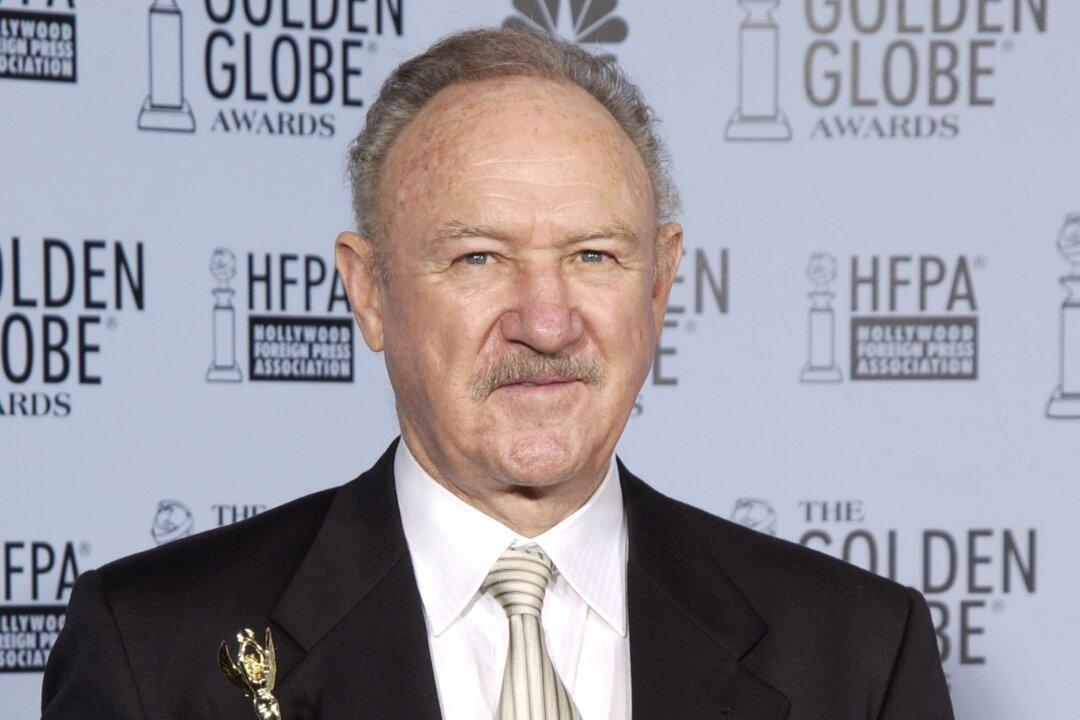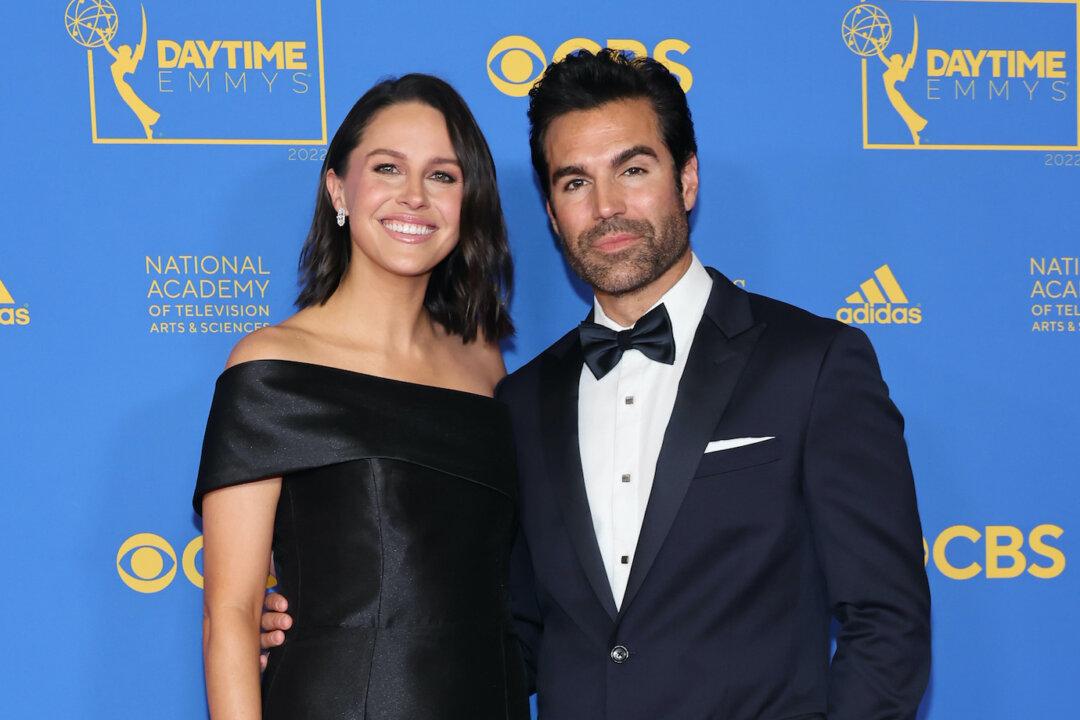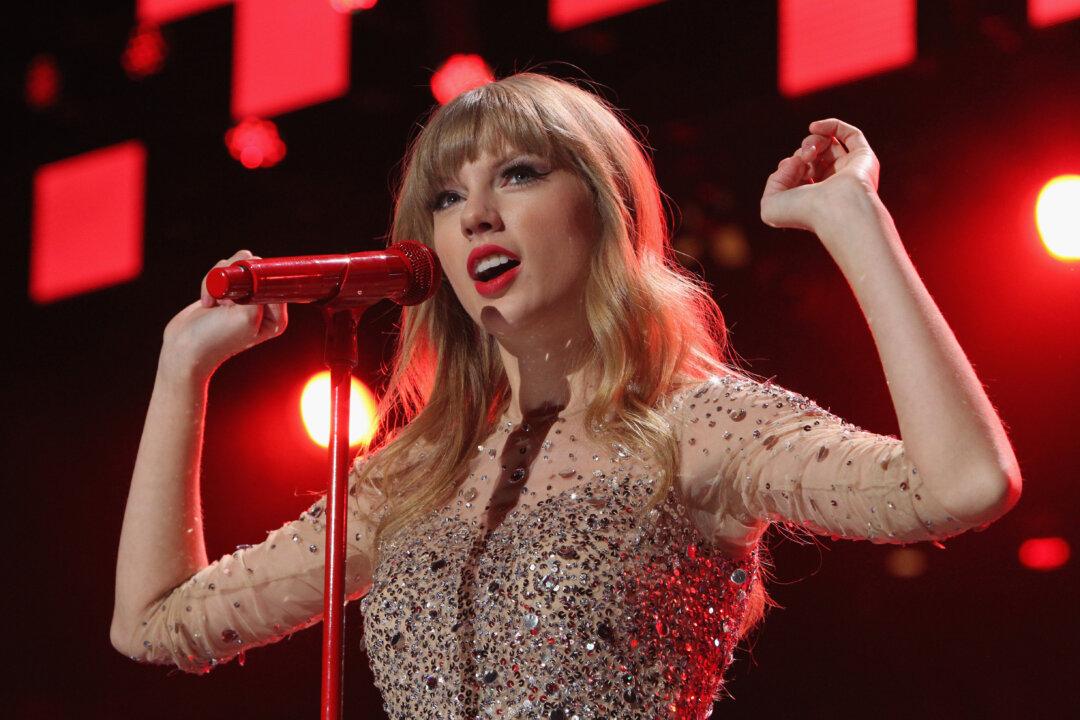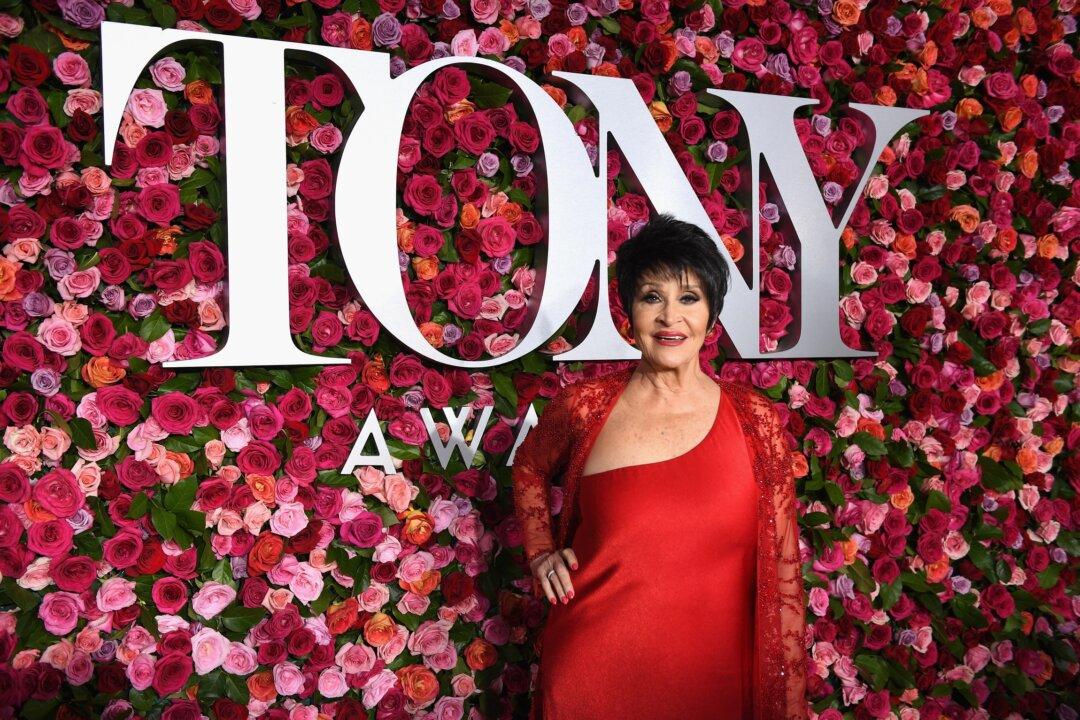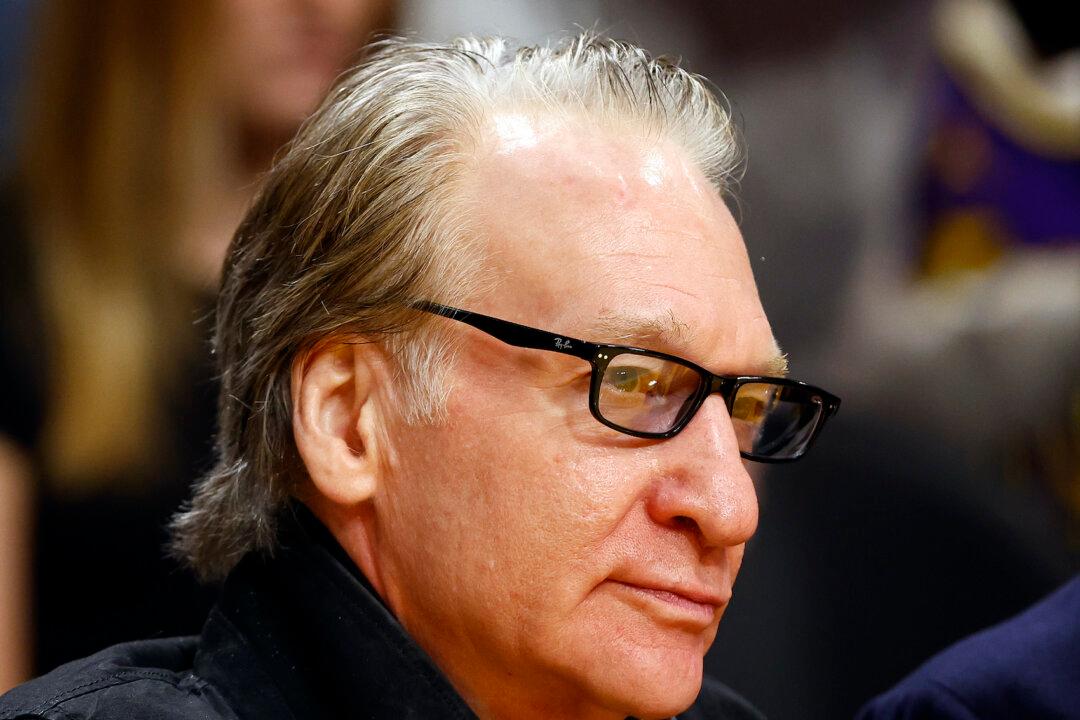A censored version of 1971’s Oscar-winning The French Connection is now part of the Criterion Collection, reported fans of the film.
The movie’s alteration, which appears about 10 minutes into the film, involves a racial slur in a scene between characters Jimmy “Popeye” Doyle played by Gene Hackman and Buddy “Cloudy” Russo played by veteran actor Roy Scheider. Both were cast as tough narcotics detectives and it’s during a sequence as the two exchange dialog, the character of Doyle says the N-word after Scheider’s character is slashed by a black drug pusher.
